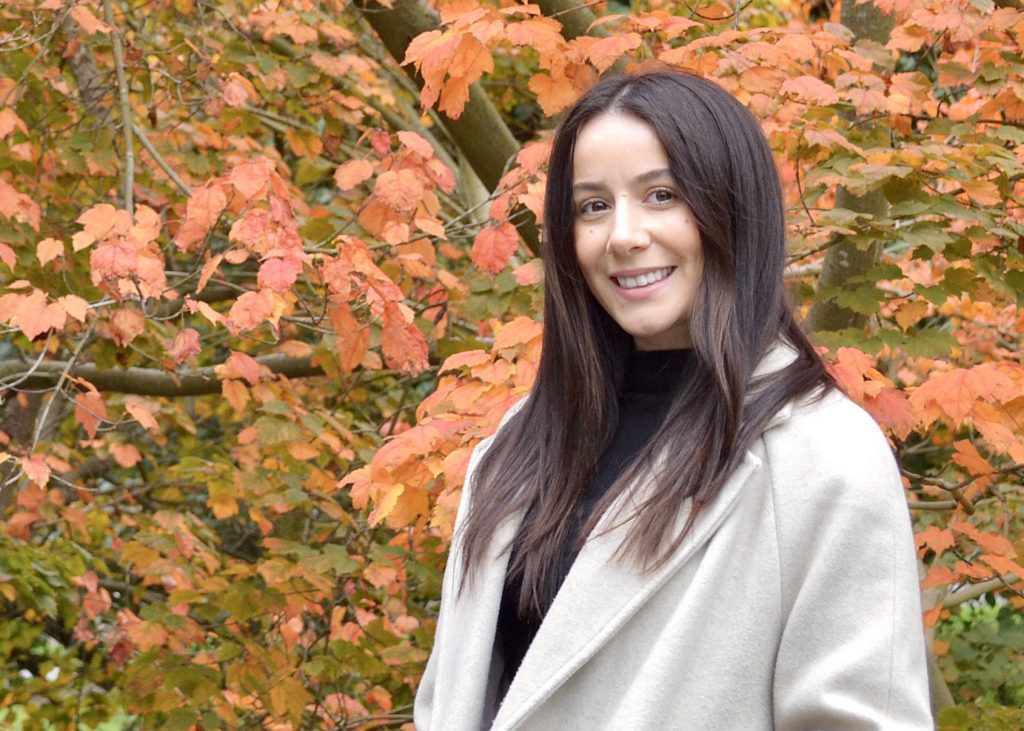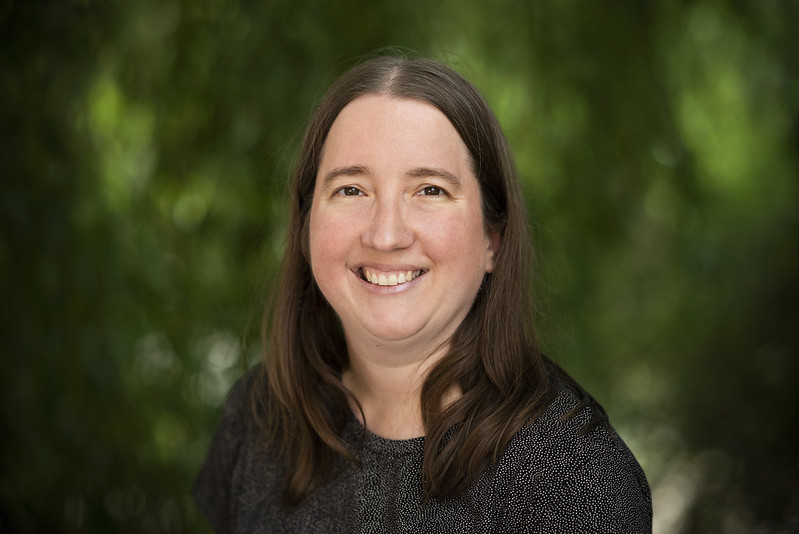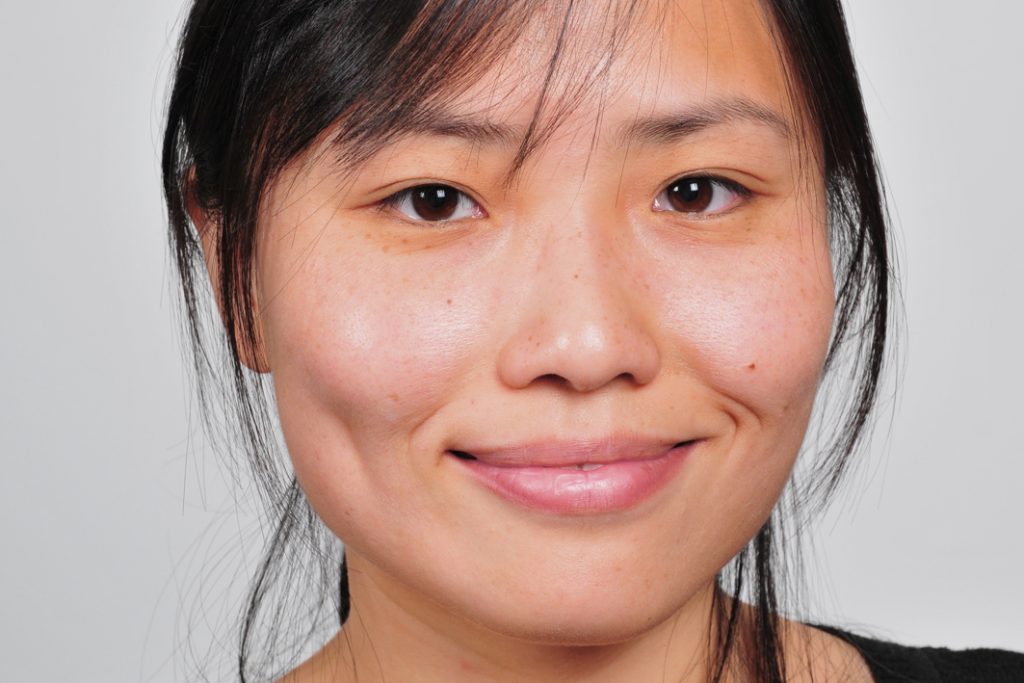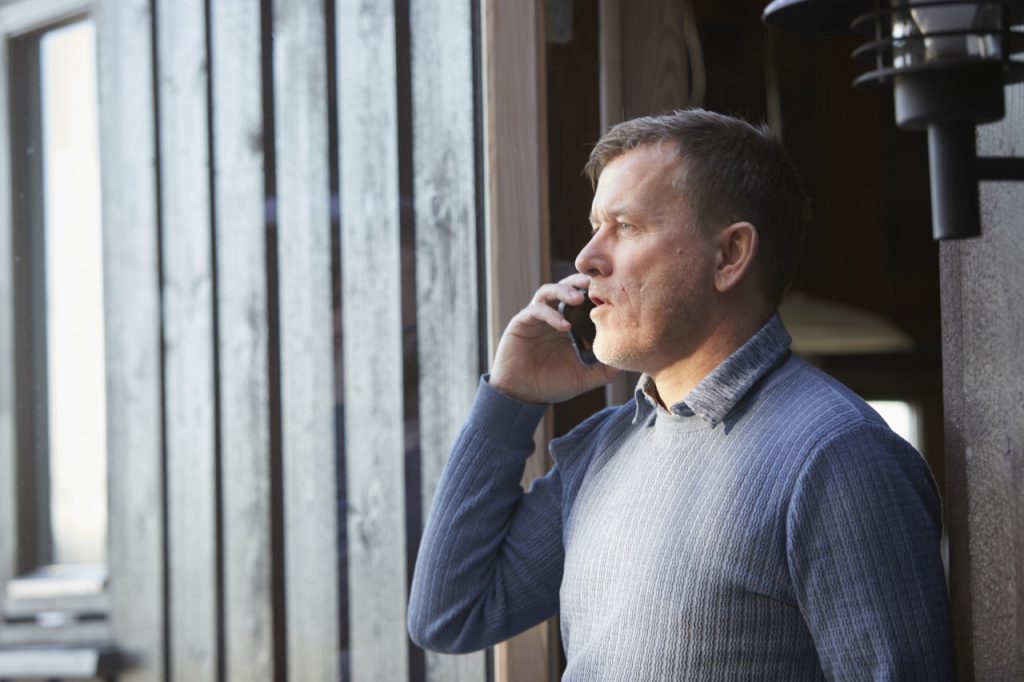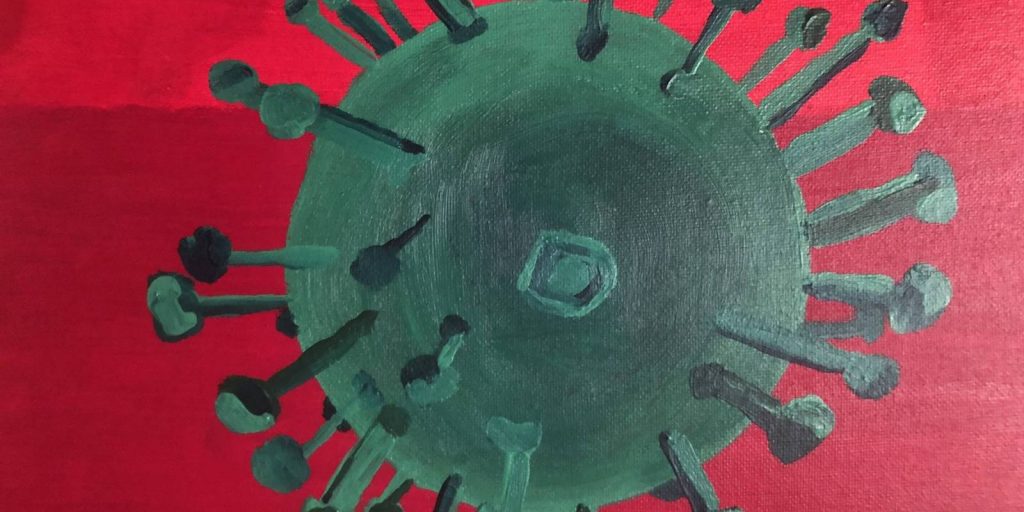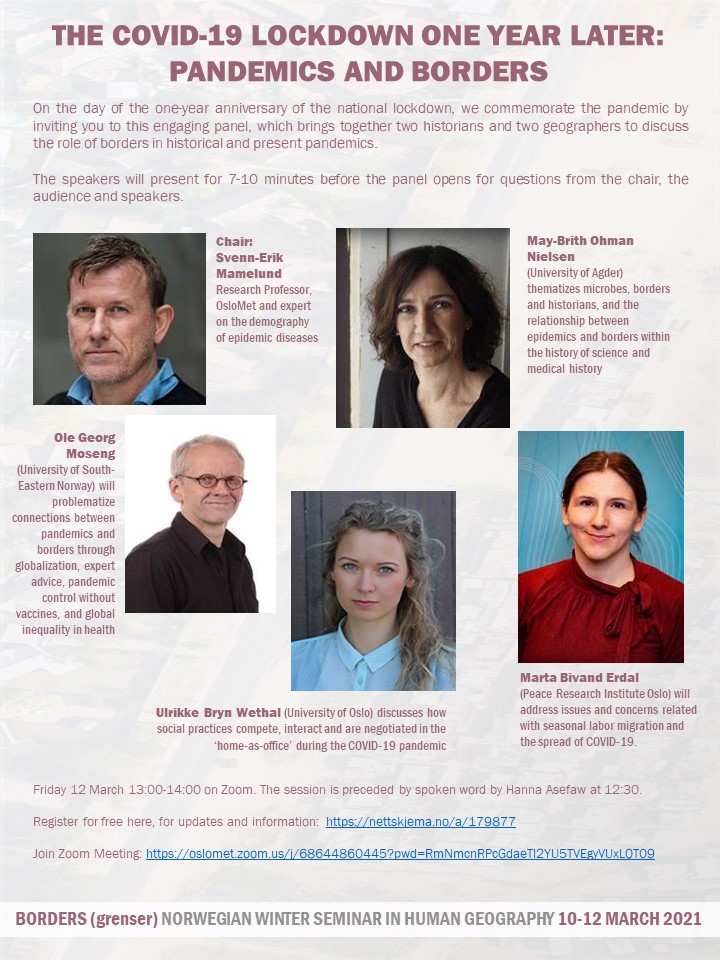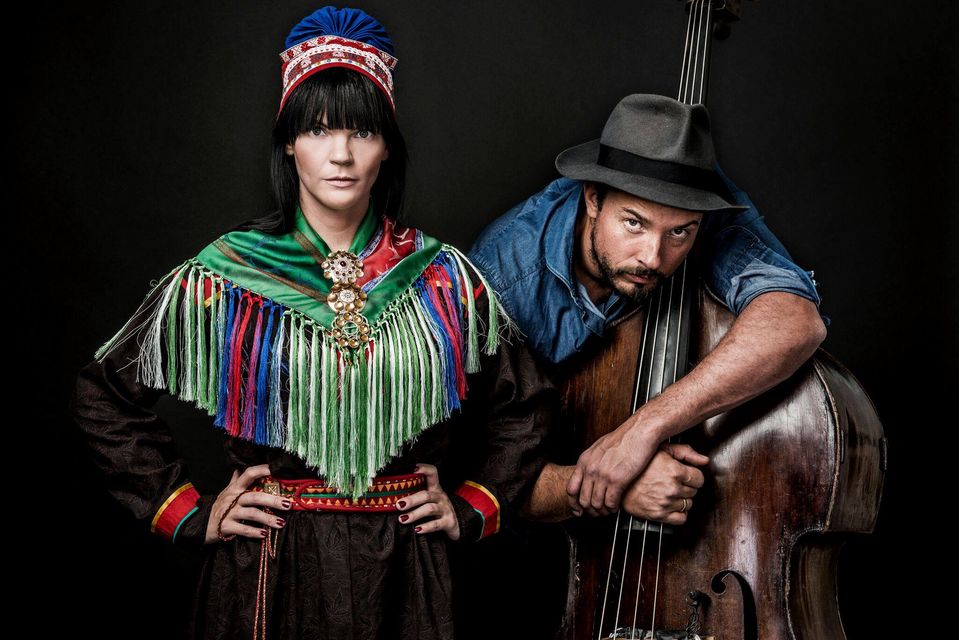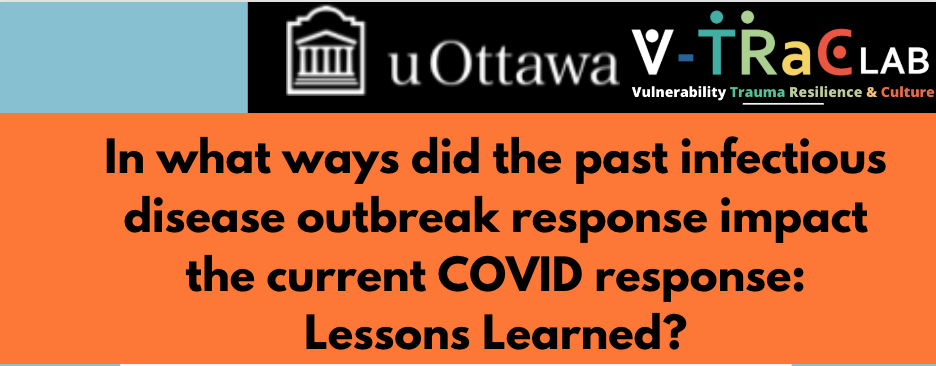Our Centre leader, Svenn-Erik Mamelund is chairing a plenary at the Winter Seminar in Human Geography Friday 12 March 1300-1400 (CET).
For the ZOOM-link to this webinar e-mail masv@oslomet.no or register here: Winter Seminar in Human Geography 2021 – Session registration – Nettskjema
This panel brings together two historians and two geographers to discuss the role of borders in historical and present pandemics. The speakers will present for 7-10 minutes before the panel opens for questions from the chair, the audience and speakers.
Speakers:
1. Ulrikke Bryn Wethal (University of Oslo) discusses how social practices compete, interact and are negotiated in the ‘home-as-office’ during the COVID-19 pandemic.
2. May-Brith Ohman Nielsen (University of Agder) thematizes microbes, borders and historians, and points out how the relationship between epidemics and borders has been characterized by a two-sided dynamic within the history of science and medical history.
3. Ole Georg Moseng (University of South-Eastern Norway) will problematize connections between pandemics and borders through globalization, expert advice, pandemic control without vaccines, and global inequality in health.
4. Marta Bivand Erdal (Peace Research Institute Oslo) will address issues and concerns related with seasonal labor migration and the spread of COVID-19.




